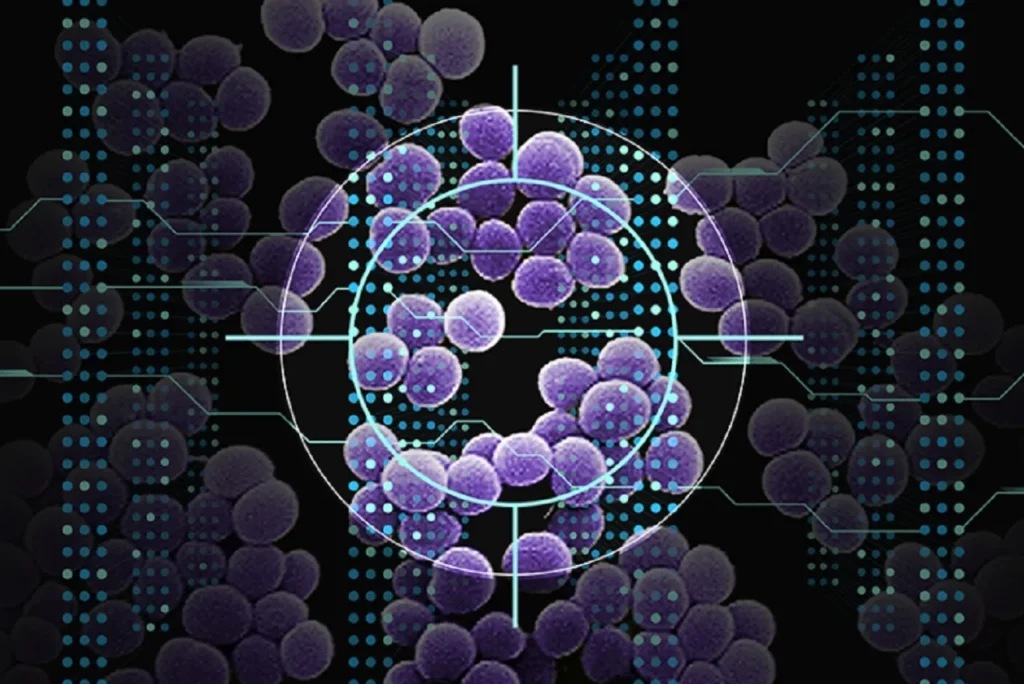In the never-ending fight against drug-resistant bacteria, a groundbreaking news of development has emerged from the brilliant minds at MIT. Leveraging the immense potential of deep learning, a subset of artificial intelligence, these researchers have identified a promising class of compounds. Their target? A notorious drug-resistant bacterium responsible for claiming over 10,000 lives annually in the United States alone.

Deep learning, a technology often associated with image recognition and voice assistants, is now making waves in the realm of medical research. This form of AI mimics the way human brains process data, learning to identify patterns and make decisions. In this case, MIT researchers trained their AI models to sift through a vast chemical space, seeking out compounds with potential to fight the resilient bacterium.
The bacterium in question, a formidable foe in the healthcare world, has developed resistance to multiple antibiotics. Traditional methods of drug discovery are often slow and expensive, making the battle against such bacteria increasingly challenging. This is where the MIT team’s approach marks a significant departure, offering a faster, more efficient path to finding a solution.
The process began with feeding the AI model information on the structure and properties of known compounds, along with data on their effectiveness against various bacteria. The AI then analyzed this data, learning to predict what makes a compound effective against the drug-resistant bacterium. It’s akin to teaching a super-smart student who then goes on to make an incredible discovery.
The outcome of this AI-driven research is nothing short of revolutionary. The model identified a class of compounds previously overlooked in the search for antibiotics. These compounds demonstrated remarkable efficacy in laboratory tests against the bacterium, opening a new frontier in the development of antibiotics.
This breakthrough extends far beyond the confines of a laboratory. It paves the way for a new era in drug discovery, where AI can drastically reduce the time and cost involved in finding new treatments. The implications for global health, particularly in the fight against drug-resistant bacteria, are immense.
MIT’s innovative use of deep learning in combating a deadly drug-resistant bacterium is more than just a scientific achievement. It’s a beacon of hope in the ongoing battle against superbugs. As this technology continues to evolve, we stand on the brink of a new era in medical research, one where AI plays a pivotal role in saving lives and shaping the future of healthcare.




